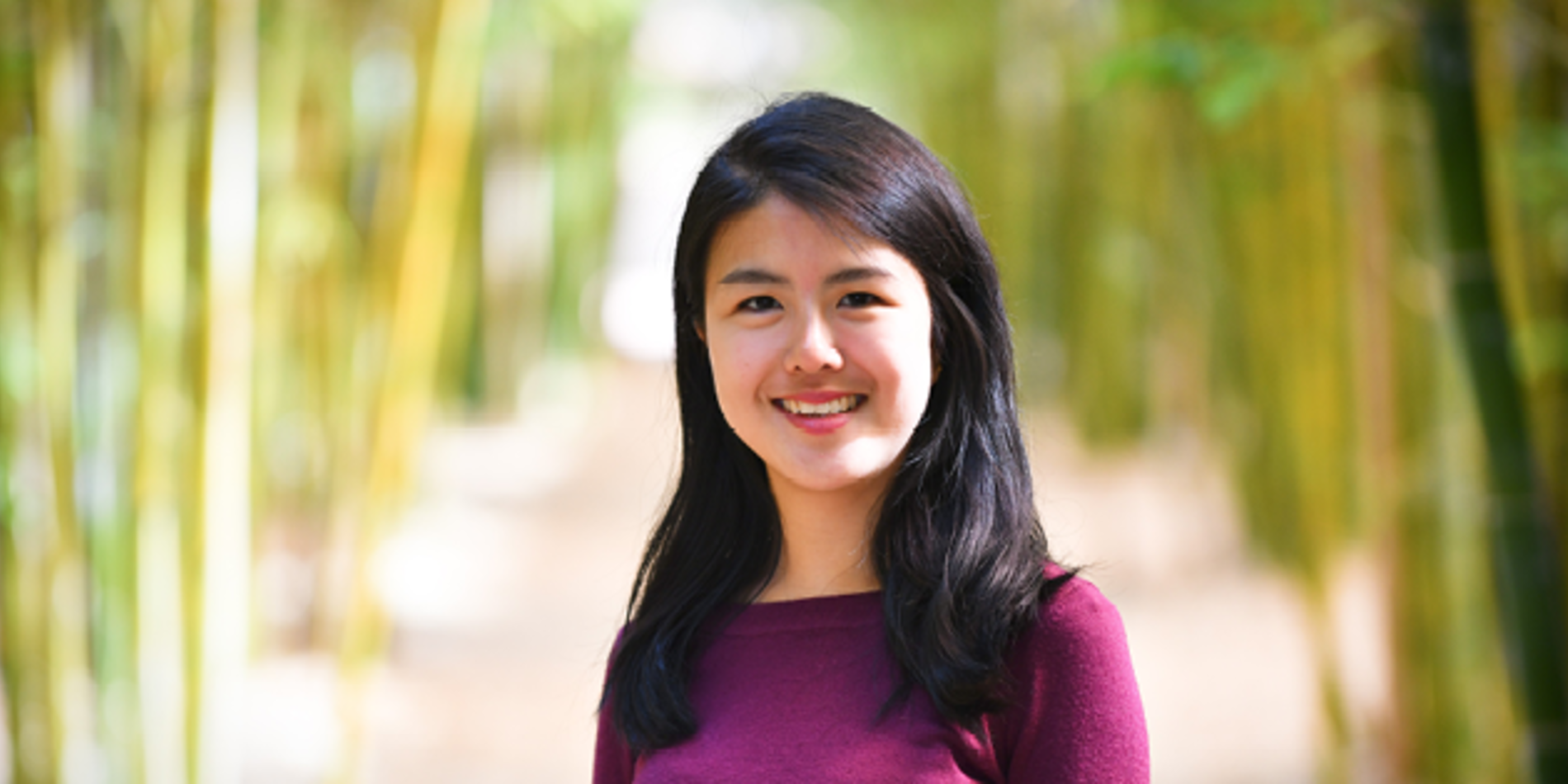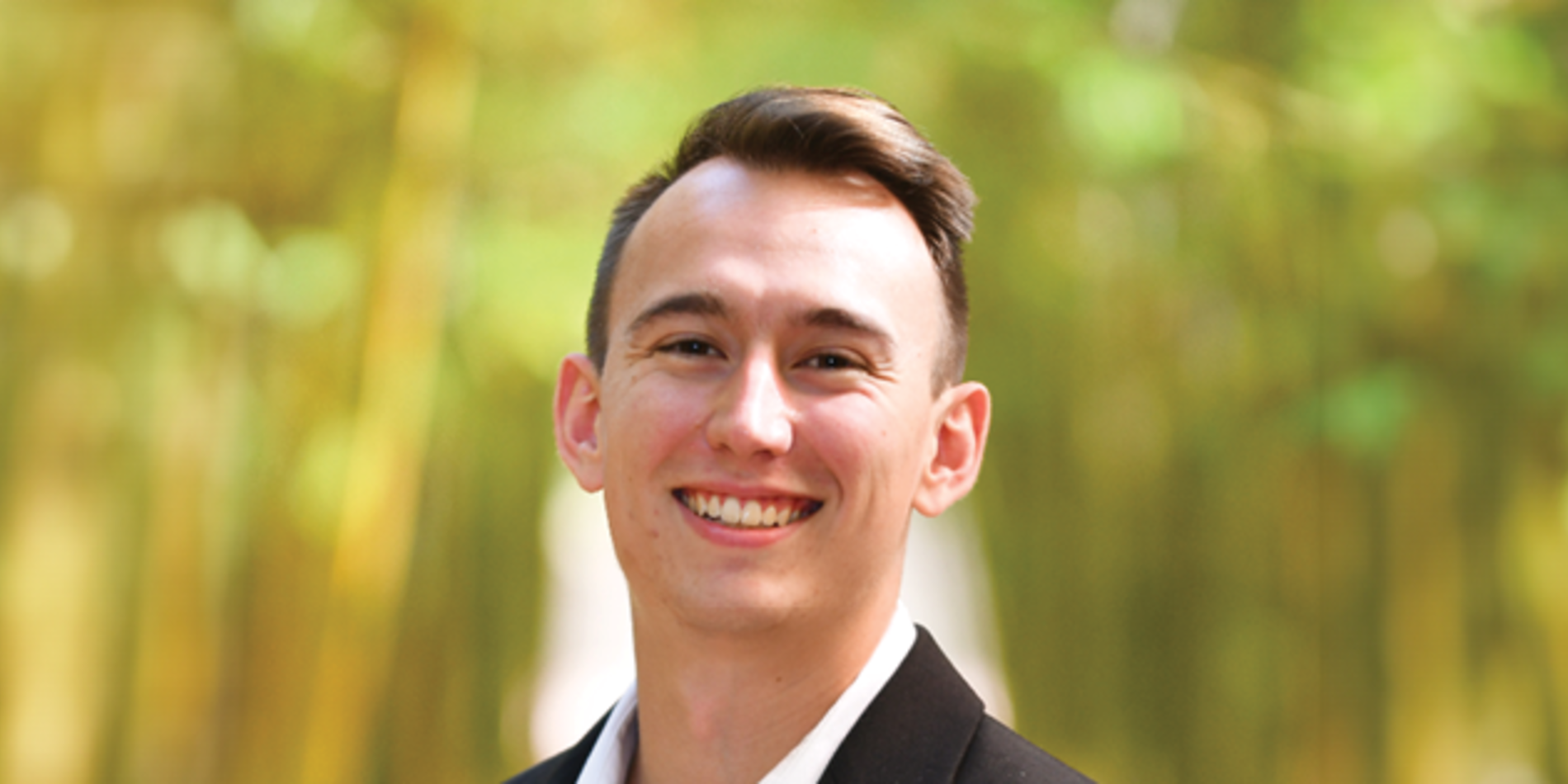Brandon Clark | Student Spotlight

Brandon Clark
PhD Candidate
Chemical Engineering
Tarpeh Lab
"My research interests at Stanford stem from my undergraduate experiences on international sustainable development projects. I traveled to Guatemala during my freshman summer with a club called Engineers Without Borders (EWB). While there, I led a team that built rainwater harvesting systems on twenty houses in a community where people walk six hours a day for water. As this was my first international travel experience, it greatly expanded my perspective. It is one thing to understand, from a factual, desensitized point of view, global hardships. However, it is hard to describe the mental shift that occurs when one immerses oneself in another’s life and gains a personal, emotional investment. EWB sparked my passion through this immersion, and I continued to travel. I joined an NGO called Saha Global to build a solar energy business in northern Ghana, and I conducted an undergraduate research project in Cape Town, South Africa to analyze service provision to informal settlements. These experiences bolstered my resolve to perform research that can aid resource-constrained contexts, specifically research on food and water provision and sustainable resource use.
At Stanford, I work in the chemical engineering lab of Prof. William Tarpeh. I design materials that can selectively recover ammonia, a fertilizer and commodity chemical, from wastewater as a pure product. The materials I primarily research are metal-organic framework adsorbents and biomimetic membranes loaded with ion-transport proteins. Turning pollutants into products can potentially make environmental cleanup profitable, and because 80% of wastewater worldwide goes untreated, an economic incentive is likely needed to motivate more infrastructure development. Wastewater reuse infrastructure can improve public health because neglected waste close to settlements are pathogen hotspots; infrastructure at multiple scales can also improve agricultural productivity in the developing world by decentralizing fertilizer production.
After Stanford, I will venture into desalination research as a postdoc, and then I aim to bring water treatment technologies closer to market readiness through either my own startup or an established company. My goal is to design electrocatalytic systems that can generate as many products as possible from wastewater and seawater, including potable water, thus maximizing economic feasibility. In particular, I want to scale up ammonia fertilizer production from waste, and I want to address water scarcity by making seawater desalination realistic for widespread use.
Beyond the powerful fulfillment of making change, I love research because I’m an adventurer at heart. If I was born in an earlier era, I would probably be on a boat somewhere setting course for uncharted territory. I yearn for new, unique experiences and people. I felt the sense of adventure during my travels, and I feel it in the lab. There is something about peering into the unknown and dreaming of new possibilities towards a better future that ignite my passion for research. The culture of Stanford and Silicon Valley is that of those willing to doggedly think “What if?” over and over again until creativity becomes reality. For that and much more, I will be forever grateful for my time at Stanford."


